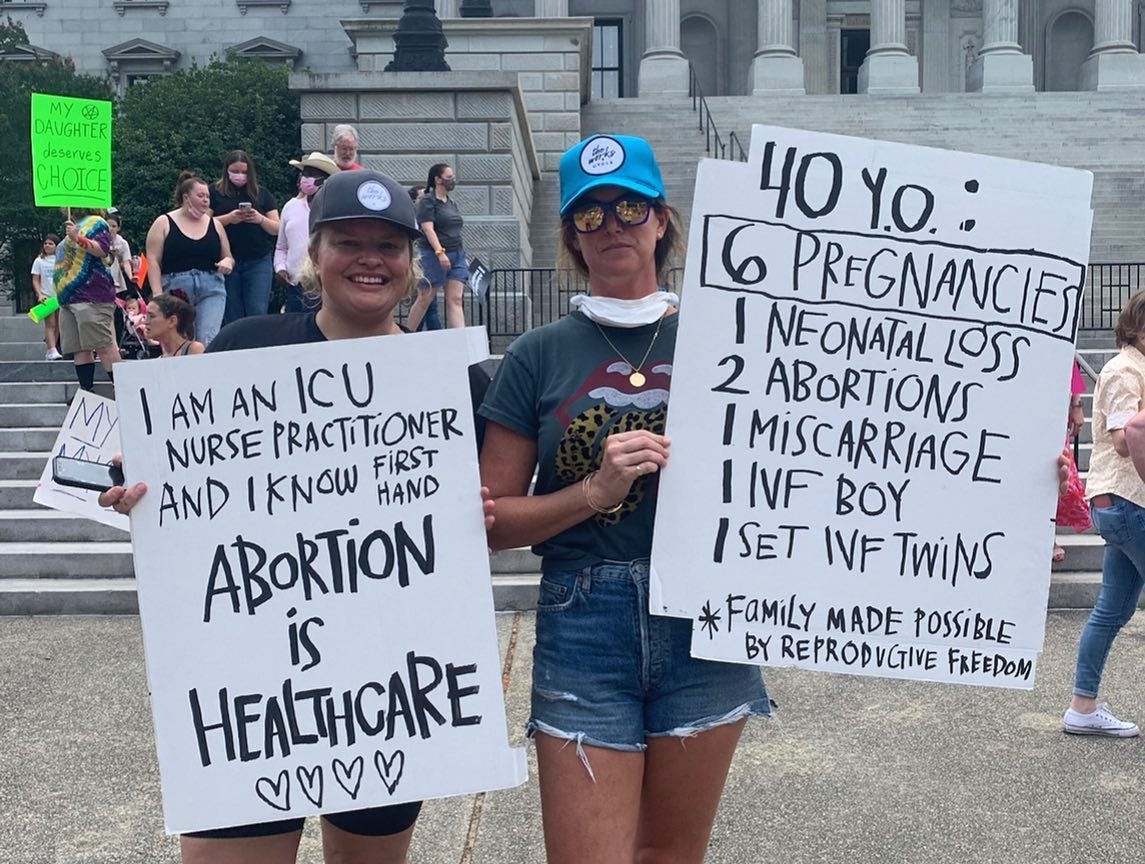South Carolina's abortion debate volatile right now
Organizations like South Carolina WREN have lobbied the state legislature considering stringent abortion regulations
South Carolina is yet another state that has considered banning abortions when a fetal heartbeat is detected in nearly all circumstances. Conservative lawmakers have also attempted to curtail the First Amendment rights of abortion counselors and those who want to help women get the care they need.
Organizations like the South Carolina Women’s Rights and Empowerment Network have worked to combat much of the efforts to curb abortion access and its flow of information. Ann Warner, chief executive officer of the group, spoke with me about their work.
“When it comes to issues, the kind of two big themes of our work are reproductive freedom and then economic dignity and justice,” Warner said. “And of course, those have a lot of overlap. But broadly, those are our themes.”
They focus their efforts on lobbying representatives in the state house. They also undertake community outreach and education.
Repro rights activists, including those with the state’s Planned Parenthood affiliate, filed a legal challenge in the state’s court system to render the six-week ban on abortion a moot law. The state supreme court issued an injunction on the ban and then put back into place the 20-week limit on abortions that had been on the books.
“That's a huge victory and definitely gives us some encouragement,” Warner said.
The state legislature is now considering a total ban on abortion. Warner expects a vote on that in September.
Warner said it’s volatile now. Public interest in the lawmaking process is high, obviously among feminists who want to preserve abortion access. There’s a lot of pressure on lawmakers on both sides of the aisle to implement their favored policies.
“We definitely saw that vividly demonstrated in these committee meetings that there is not uniformity of thought on this,” Warner said. “We've gotten to such an extreme place on the debate that I think we have a lot of legislators who are really having to think about more seriously than ever about what the implications of their votes really are on people's health and their economic well being.”




